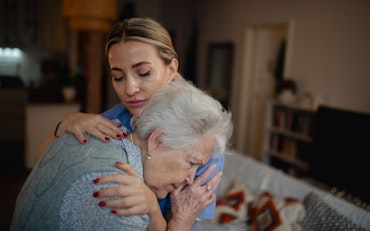No specific reference to ageing in 2020 Long-Term Health Strategy Report
Despite the efforts of over a dozen delegates involved in ageing issues, the health session of the 2020 summit did not include any specific reference or recommendations for ageing.
It asks how can we improve our chances of achieving the best health outcomes? How can we ensure that there is greater equity across the population, so everyone does share in these benefits?
Australia’s health and wealth are inextricably linked. Good health will mean that we have long and productive lives. The wealth of a productive economy enables Australians to enjoy the benefits of good housing,
nutritious food, a safe and clean environment and modern health services that are fundamental to good health. But how can we improve our chances of achieving the best health outcomes? How can we ensure that there is greater equity across the population, so everyone does share in these benefits?
The Health Session recommended five key themes: importance of healthy lifestyles, health promotion and disease prevention; need to address health inequalities including lifestyle factors within and across
communities; health workforce and service provision as key enablers for a health population. Much discussion centred on the future challenges and opportunities in health and the role of health research, research
translation and research training in addressing these.
A super commission to tackle health inequalities and higher taxes on tobacco, alcohol and junk food to fight chronic disease were among the health proposals from the Summit.
Recommendations that emerged included an individual electronic health record based on the social networking site Facebook where patients could share information.
Participants also backed the proposal for an Association of South-East Asian Nations-style system to fight infectious diseases, mental illness and chronic health problems in the region.
There was support for a national preventive health agency to prevent chronic illnesses. Its activities would be funded through a 2.5c impost on cigarettes, alcohol and junk food, which would raise about $500 million a year.
One of the other major recommendations was to establish a Health Inequalities Commission to tackle health inequalities and report directly to the Prime Minister. The commission’s aim would be to overcome the causes of inequalities, whether these were found in the health, justice, education or transport systems.
Participants also recommended a rethink of the shape of the health workforce, creating a self-sufficient and flexible health workforce for Australia with competence-based training for accreditation.
Another recommendation was the introduction of health literacy programs for all Australians such as universal first aid training.










